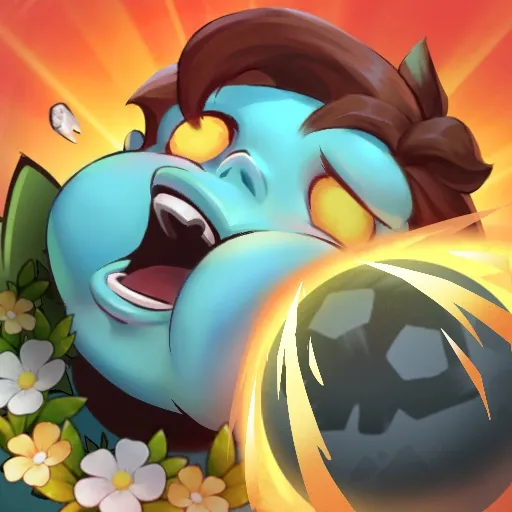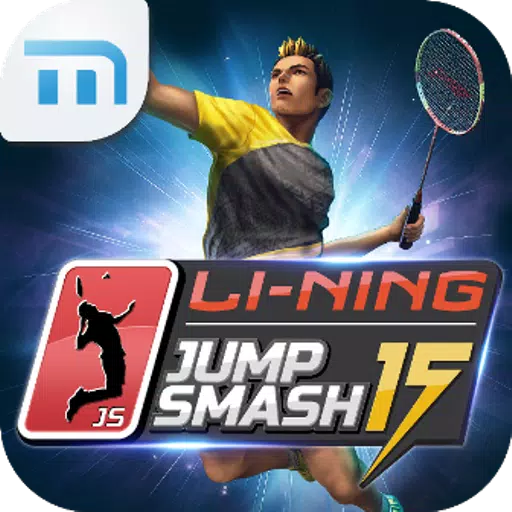China's DeepSeek Accused of Unlawful AI Development
OpenAI suspects that China's DeepSeek AI models, significantly cheaper than Western counterparts, may have been developed using OpenAI's data. This revelation, coupled with DeepSeek's rapid rise in popularity, triggered a sharp decline in the stock prices of major AI-focused companies, most notably Nvidia, which experienced its largest-ever single-day loss.
DeepSeek's R1 model, built upon the open-source DeepSeek-V3, boasts drastically reduced training costs (estimated at $6 million) and computational requirements compared to Western models like ChatGPT. While the accuracy of these claims is debated, the mere suggestion has shaken investor confidence in the massive investments being made by American tech giants in AI.
OpenAI and Microsoft are investigating whether DeepSeek violated OpenAI's terms of service by employing "distillation," a technique that extracts data from larger models to train smaller ones. OpenAI confirmed its awareness of such attempts by Chinese and other companies to replicate leading US AI models and stated its commitment to protecting its intellectual property. David Sacks, President Donald Trump's AI czar, corroborated these concerns, suggesting that countermeasures are likely to be implemented by leading AI companies.
The situation highlights a significant irony: OpenAI, itself accused of utilizing copyrighted material without permission in the creation of ChatGPT, is now accusing DeepSeek of similar practices. This hypocrisy has been widely noted, particularly in light of OpenAI's previous statements to the UK's House of Lords and its ongoing legal battle with the New York Times over alleged copyright infringement. OpenAI's defense rests on the argument that training AI models without access to copyrighted material is practically impossible, a claim that has been challenged by numerous lawsuits from authors and publishers. The legal landscape surrounding AI training data remains highly contested, with ongoing debates about fair use and the broader implications of copyright law in the age of generative AI.

Latest Articles















![Roblox Forsaken Characters Tier List [UPDATED] (2025)](https://ima.hhn6.com/uploads/18/17380116246797f3e8a8a39.jpg)















